Park and Work Wherever the Road Leads You!
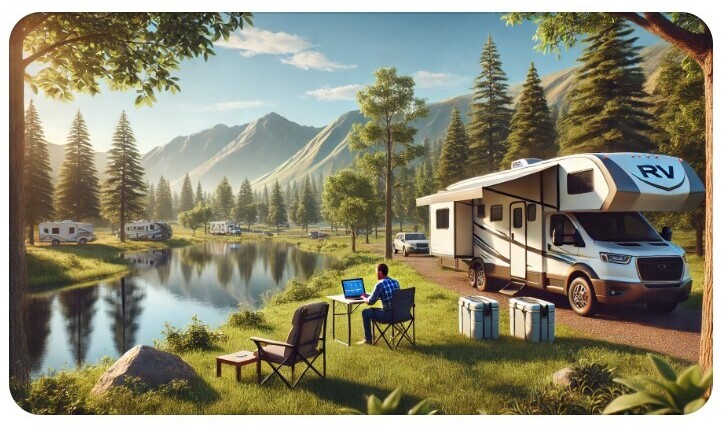
IMAGINE WORKING ONLINE WHILE ENJOYING A CUP OF COFFEE AND THE VIEW!
So, you want to hit the road and make money while you’re at it? Being a digital nomad living in an RV might be the dream you didn’t know you had. Let’s break it down: a digital nomad is someone who works remotely, often while traveling. But why stop at ‘often’? With an RV, your office can be anywhere you park, from national parks to beachside campsites.
Recent trends show this lifestyle is booming. Thanks in part to remote work becoming more accepted, people like you are realizing the perks of combining travel with earning a living. Whether you’re a freelancer, a remote employee, or running a business, the road is wide open.
Now, about those economic benefits. No rent, no mortgage, no problem! Instead of paying for a fixed address, you get to decide where your money goes. Fuel, food, campsite fees—that’s your new budget. It’s a game-changer for anyone looking to cut down on living expenses while enjoying new adventures every day.
Setting realistic expectations is key. Working from an RV isn’t all Instagram-worthy sunsets and cozy campfires. There are Wi-Fi troubles, limited space, and the occasional mechanical issue. Balancing work commitments with travel can be challenging, but it’s doable with some planning and flexibility.
In short, living as a digital nomad in an RV gives you the freedom to see the world while making a living. But, like any lifestyle, it comes with its own challenges. Get ready for an adventure that’s both rewarding and demanding.
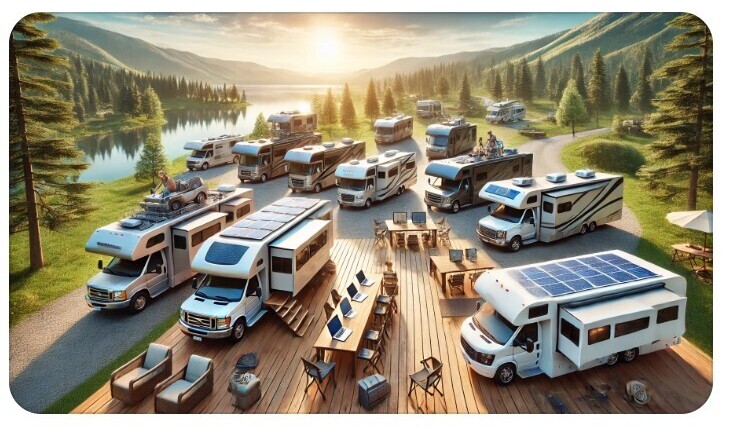
SO MANY RV CHOICES! WHICH ONE IS BEST FOR YOU?
Choosing the Right RV for Your Digital Nomad Journey
Picking the right RV is crucial for a digital nomad. It’s not just a vehicle; it’s your home and workspace. You’ll want something that balances comfort, space, and affordability. An RV that’s too cramped can make working uncomfortable, and one that’s too big might be hard to manage and fuel-guzzling.
Features matter. Look for RVs with decent storage, a reliable power source, and a layout accommodating your remote work setup. A comfy bed, a functional kitchen, and a roomy bathroom are non-negotiable. Imagine trying to join a Zoom call while cramped in a tiny camper – not ideal, right?
Cost is a big consideration. RVs come in various prices, from budget-friendly models to luxurious motorhomes. Figure out what you can afford and factor in maintenance costs. Some used models offer great value, but make sure to get them inspected to avoid costly repairs down the road.
Comfort and compactness need to be balanced. Think about how much space you’ll need: Do you need a separate workspace, or can you make do with a multipurpose area? How many people will be living in it? Consider these things to avoid feeling like you’re living out of a suitcase.
Purchasing wisely is smart. Purchasing an RV can be a significant expense, so considering it an investment is foolish. However, if maintained well, it can hold some of its value, but most models depreciate over time. Research different brands and models read reviews, and maybe join RV forums to get insider advice from seasoned travelers.
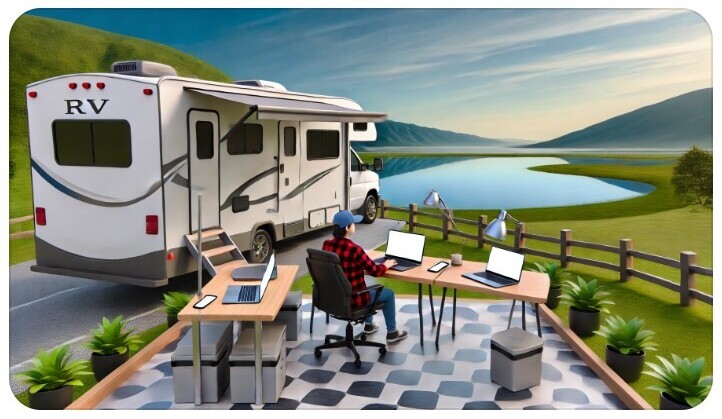
YOU CAN SET UP YOUR MOBILE OFFICE ANY WAY YOU LIKE!
Creating Multiple Streams of Income
Relying on a single source of income might feel risky, especially on the road. Diversifying your revenue streams can buffer against those lean months when work is slow. Passive income is your friend here, while active income keeps things steady.
Let’s talk about passive income first. This might include dividend-paying stocks, royalties from a book or music, or income from an online course you’ve created. These streams keep cash flowing without constant effort. Even renting out a property or a room when you’re not using it can add to your income. The idea is to set up revenue sources that work for you while you’re out exploring.
Active income opportunities are where you’ll spend most of your time. Freelancing platforms like Upwork, Fiverr, and Freelancer offer gigs in everything from writing and design to coding and consulting. Remote job boards are worth checking out if you’re looking for longer-term gigs. Create profiles highlighting your best skills, and don’t stop marketing yourself online. Building a solid client base takes time but is worth the effort.
Online platforms can be gold mines. Selling digital products like e-books, software, or even crafts on sites like Etsy can turn your hobbies into profit-makers. Print-on-demand services can help you sell custom merchandise without worrying about inventory. Tap into the gig economy on platforms like TaskRabbit or Gigwalk if you’re in a pinch and need quick cash.
Having a reliable client base or following makes a difference. Delivering good work on time keeps clients returning and referring you to others. Collect testimonials and build a portfolio that showcases your best work. The key is to make yourself indispensable. With a client base that knows and trusts you, work becomes more predictable, even as you move from place to place.
Maximizing Revenue with Freelance Work and Remote Opportunities
The right freelance and remote gigs can seriously boost your earnings. Spotting the ones that pay well and match your skills is key. This means checking out job boards like We Work Remotely, LinkedIn, or specialized sites for your industry. Find gigs that align with what you’re good at and passionate about; it makes the work feel less like a grind.
Your portfolio is your ticket to high-paying gigs. It’s what potential clients see first, so make it count. Showcase your best work, keep it updated, and tailor it to your desired jobs. Think of your portfolio as a handshake—firm, impressive, and memorable. Sites like Behance or your personal webpage can be perfect portfolio hosts.
Networking isn’t just for office spaces. The more people you know, the more opportunities come your way. Engage in online communities, join industry-specific forums, and don’t underestimate the power of LinkedIn. Connections can often lead to open doors you didn’t even know existed. Plus, word-of-mouth recommendations are gold in the freelance world.
Marketing yourself effectively takes more than just setting up a profile. Use social media to showcase your work, share testimonials, and provide value. Write blog posts or articles about your expertise. Host webinars or Q&A sessions to engage with potential clients. The goal is to get your name out there and establish yourself as an expert in your field.
Time management is your secret weapon. Juggling multiple clients while traveling demands impeccable organization. Use tools like Trello or Asana to keep track of projects and deadlines. Set realistic work hours and stick to them. This ensures you’re productive without feeling overwhelmed. Remember, being disciplined with your time helps maintain the work-life balance you aim for.
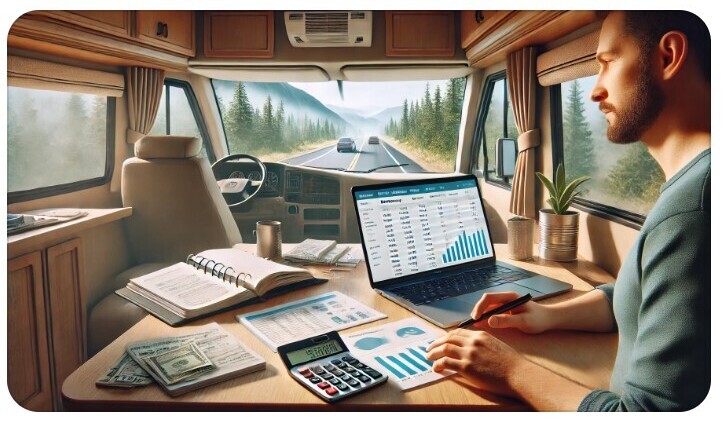
COULD YOU BE WORKING ONLINE WHILE TRAVELING TO NEW DESTINATIONS? BE SURE TO GET A DRIVER THOUGH – LOL!
Budgeting and Financial Planning for Long-Term Travel
Setting up a realistic budget for life on the road is crucial. You’re trading rent and utility bills for fuel, campsite fees, and occasional repairs. Knowing your monthly expenses helps you avoid financial stress and lets you enjoy your travels. Track every dollar using budgeting apps like Mint or YNAB (You Need A Budget).
Being thrifty can make your travels more sustainable. Simple tricks like cooking meals in your RV instead of dining out can save a lot. Look for free or low-cost campsites; they’re often just as beautiful as paid ones. Join membership programs like Passport America for camping discounts. Stock up on groceries and essentials when on sale, and plan your travel route to minimize fuel costs.
Insurance and emergency funds are non-negotiable. RV insurance differs from regular vehicle insurance, so research to get the best coverage. Health insurance should also cover out-of-state or international travel if you’re venturing far. An emergency fund can be a lifesaver when unexpected expenses hit, be it medical bills or RV repairs. Aim to have at least three to six months’ worth of expenses saved up.
Investing in essentials that save money in the long run is smart. Solar panels can reduce reliance on paid campsites with hookups. A good generator can be a game-changer for off-grid living. Reliable internet solutions like mobile hotspots or satellite internet keep you connected without splurging on less reliable public Wi-Fi options. Quality kitchen tools can make cooking in your RV more enjoyable and cheaper than takeout.
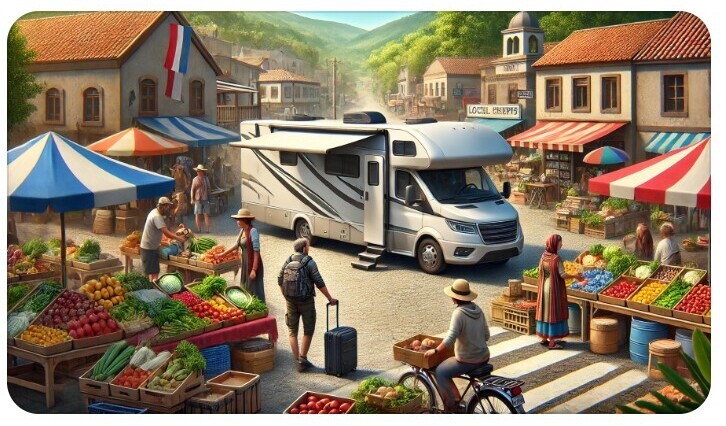
YOUR RV CAN GO MOST ANY WHERE!
Leveraging Local Opportunities and Communities
Connecting with digital nomad communities can open up a world of opportunities. These groups are fantastic for networking, sharing tips, and sometimes even scoring job leads. Facebook groups, Meetups, and co-working spaces are perfect spots to find your tribe on the road.
Local gig work can be a nice supplement to your online income. Seasonal jobs or temporary gigs offer a chance to engage with the places you visit while earning extra cash. Think about fruit picking in the summer, ski instructor gigs in the winter, or even short-term hospitality jobs.
Making the most of your location can also mean collaborating with local businesses. Photographers, bloggers, and social media influencers can find plenty of opportunities to partner with local brands looking to boost their online presence. Plus, it’s a great way to get to know the area and build connections.
Contributing to the digital nomad ecosystem can be rewarding. Sharing your experiences and knowledge helps others and fosters a sense of community. You might write blog posts, host webinars, or even start a YouTube channel to document and share your journey. The sense of connection and collaboration can lead to unexpected opportunities.
Exploring the relationship between digital nomads and local economies reveals that your spending supports the places you visit. Buying local products, dining at local restaurants, and using local services contribute to the economy. In return, you often get a richer, more authentic experience of the places you travel to.
Please Click here to learn more about us!

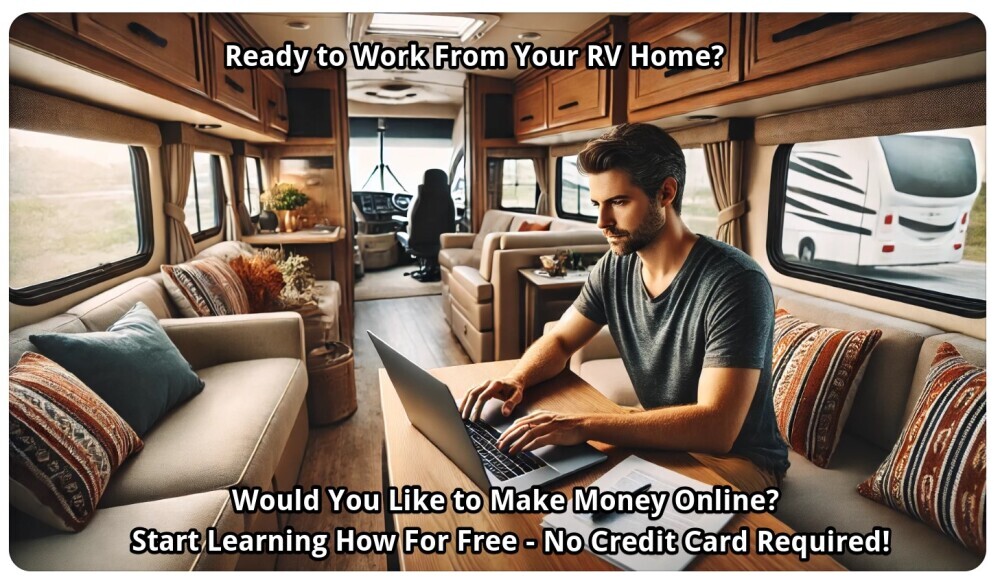
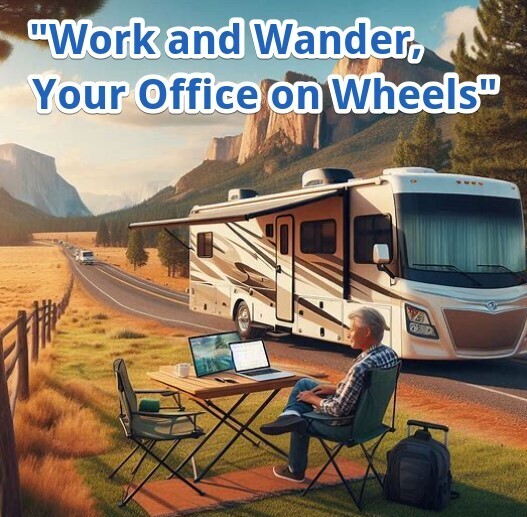

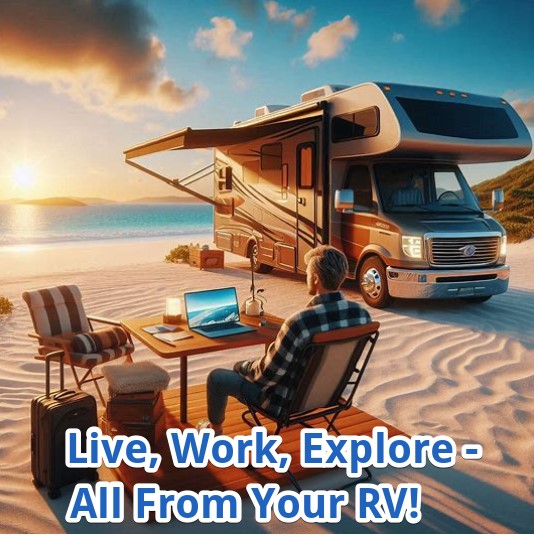
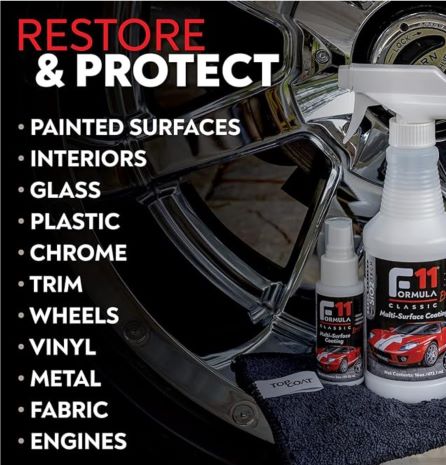
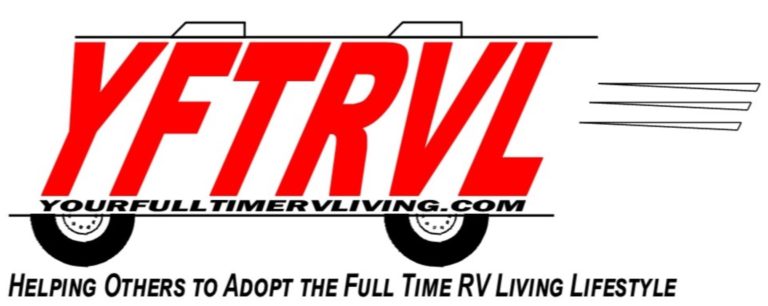



Recent Comments